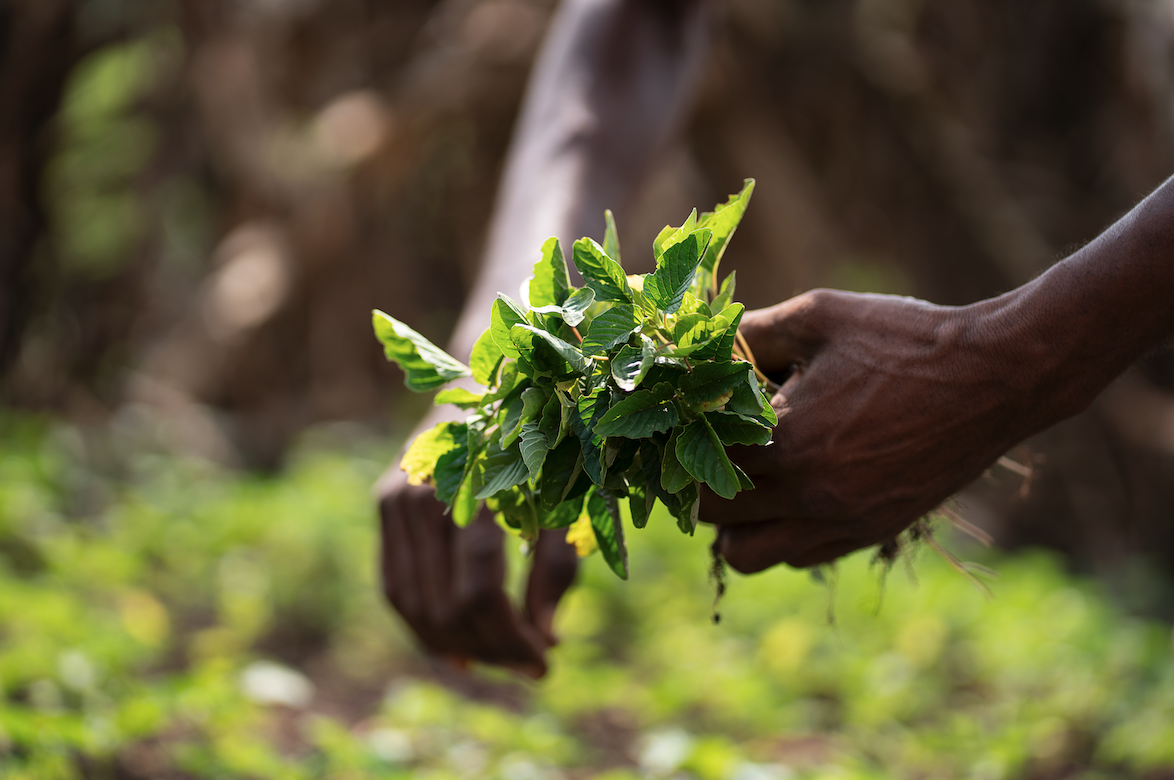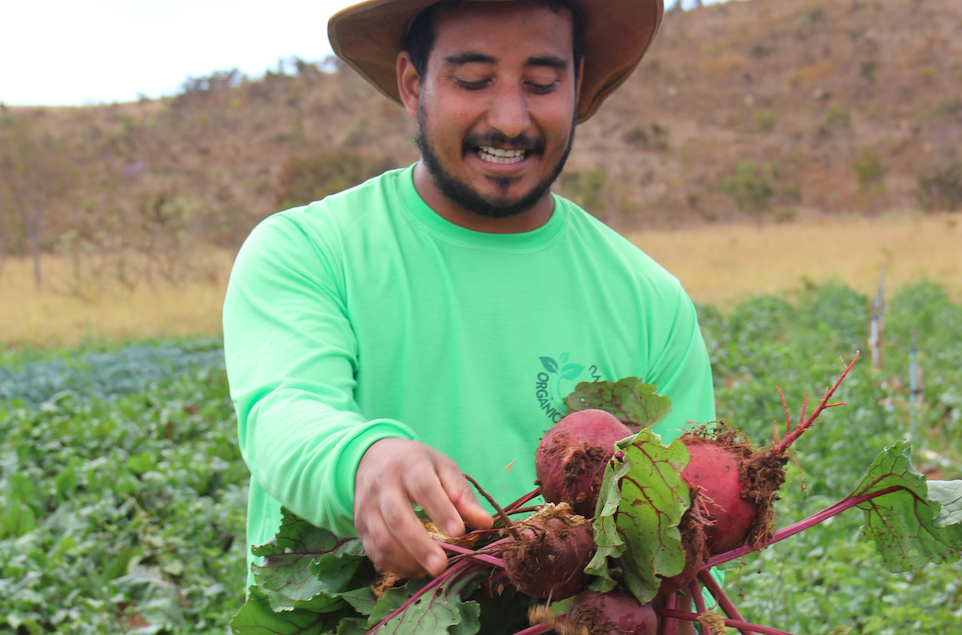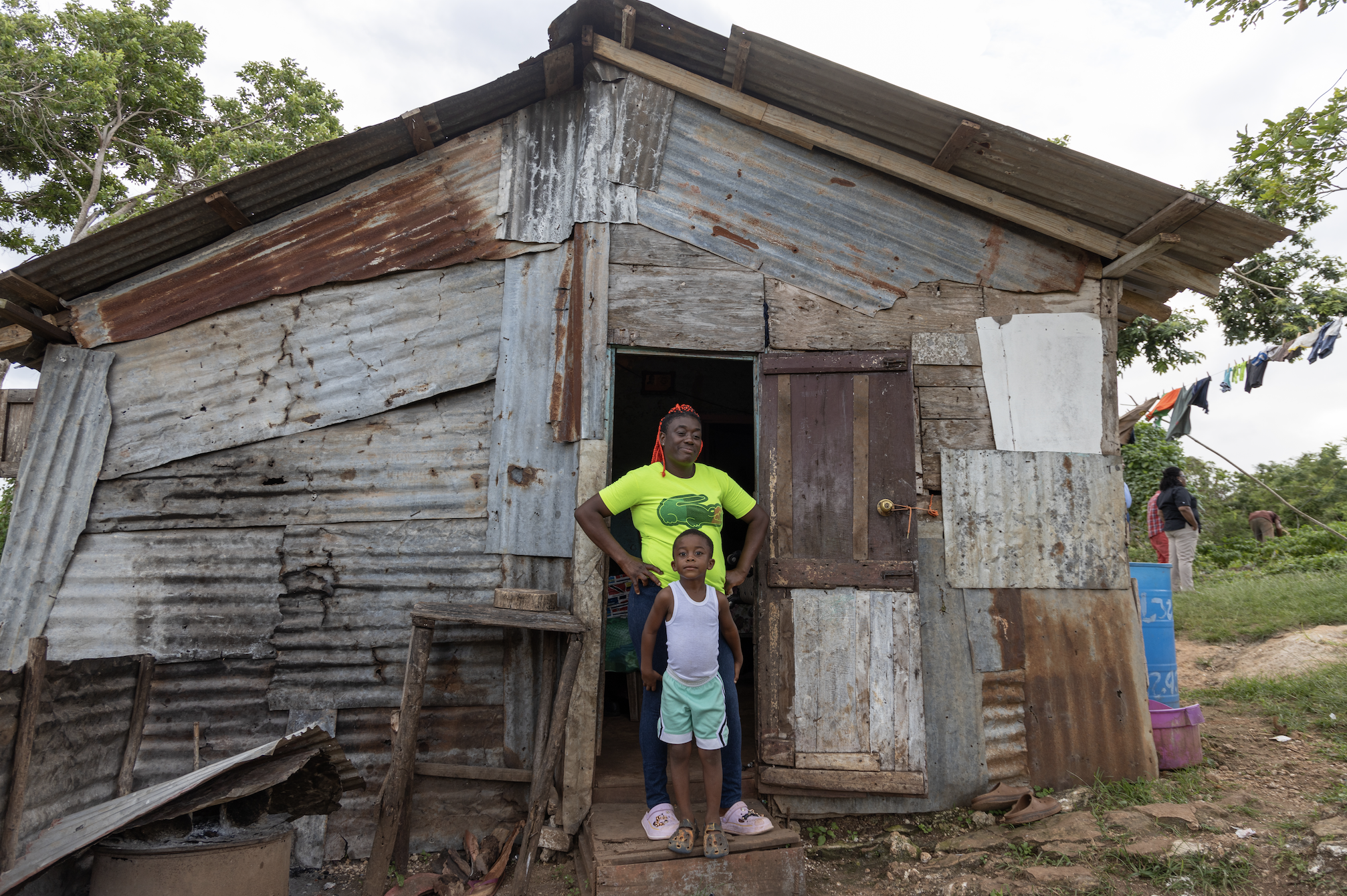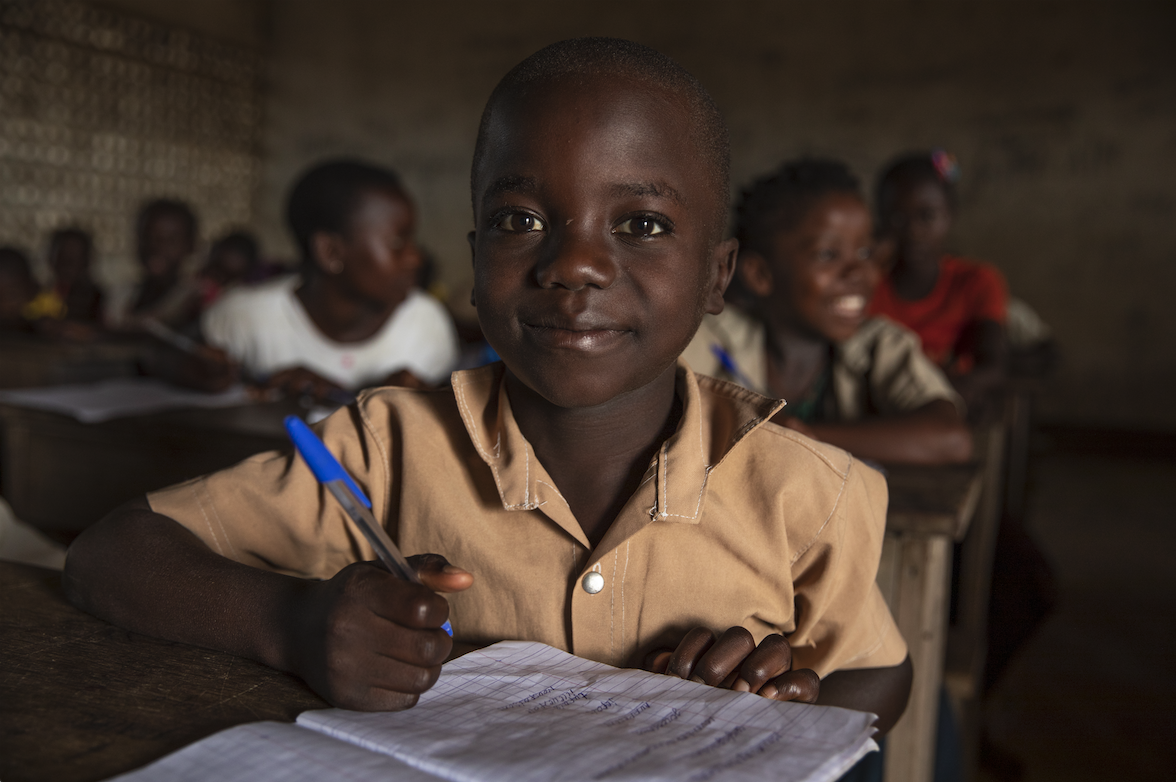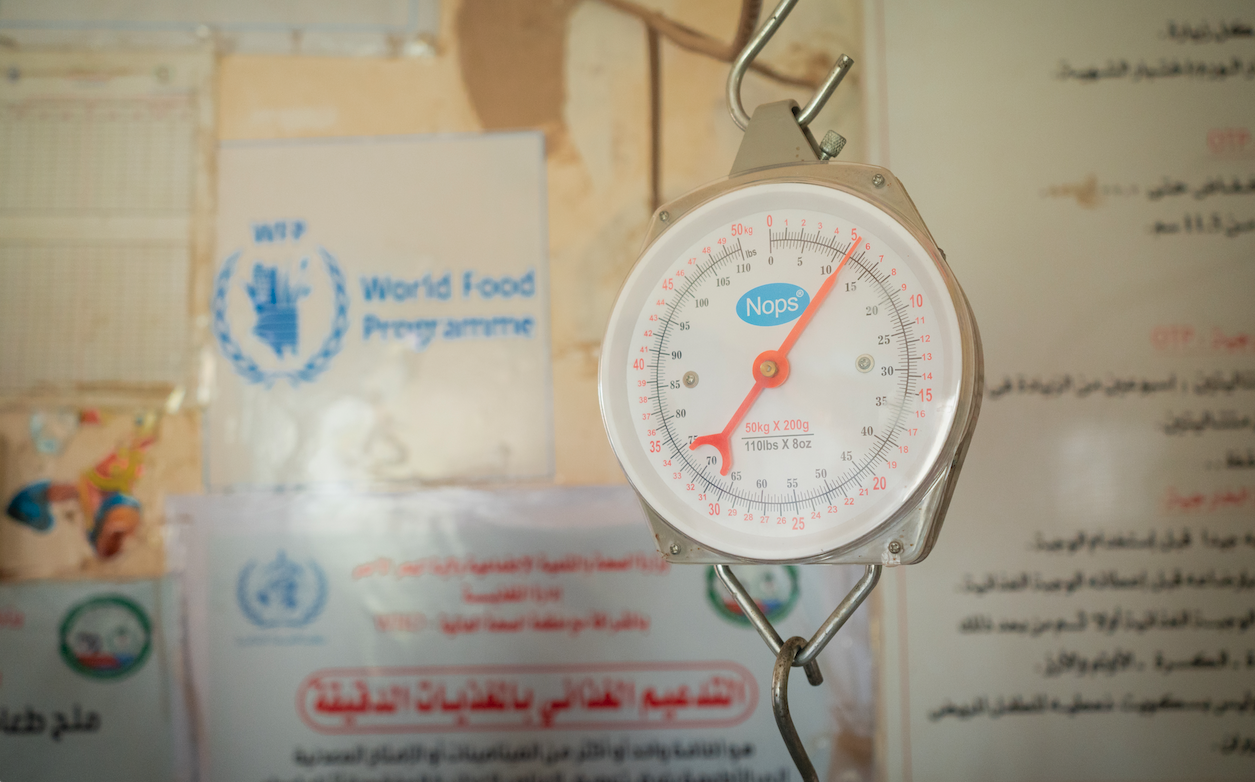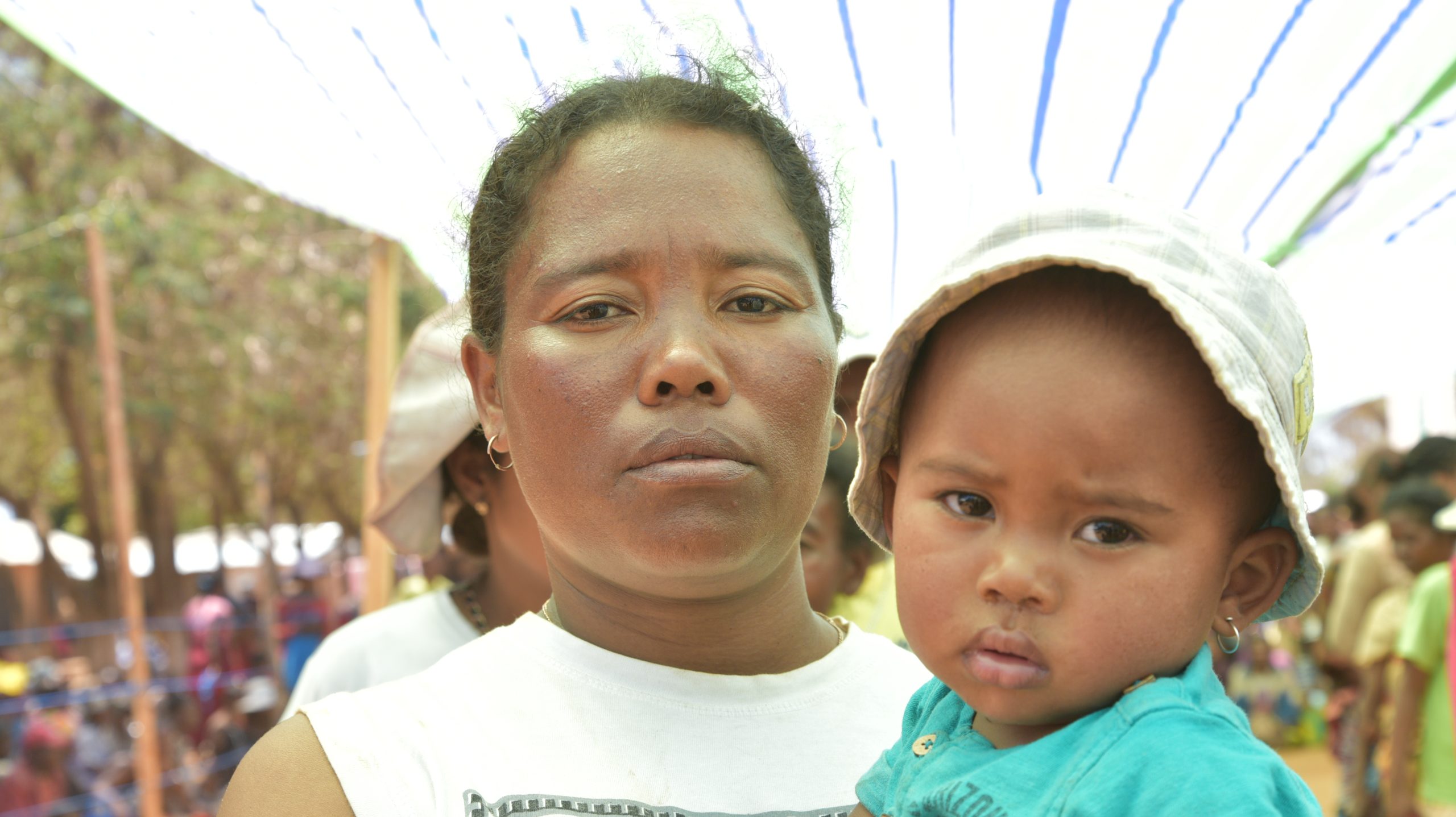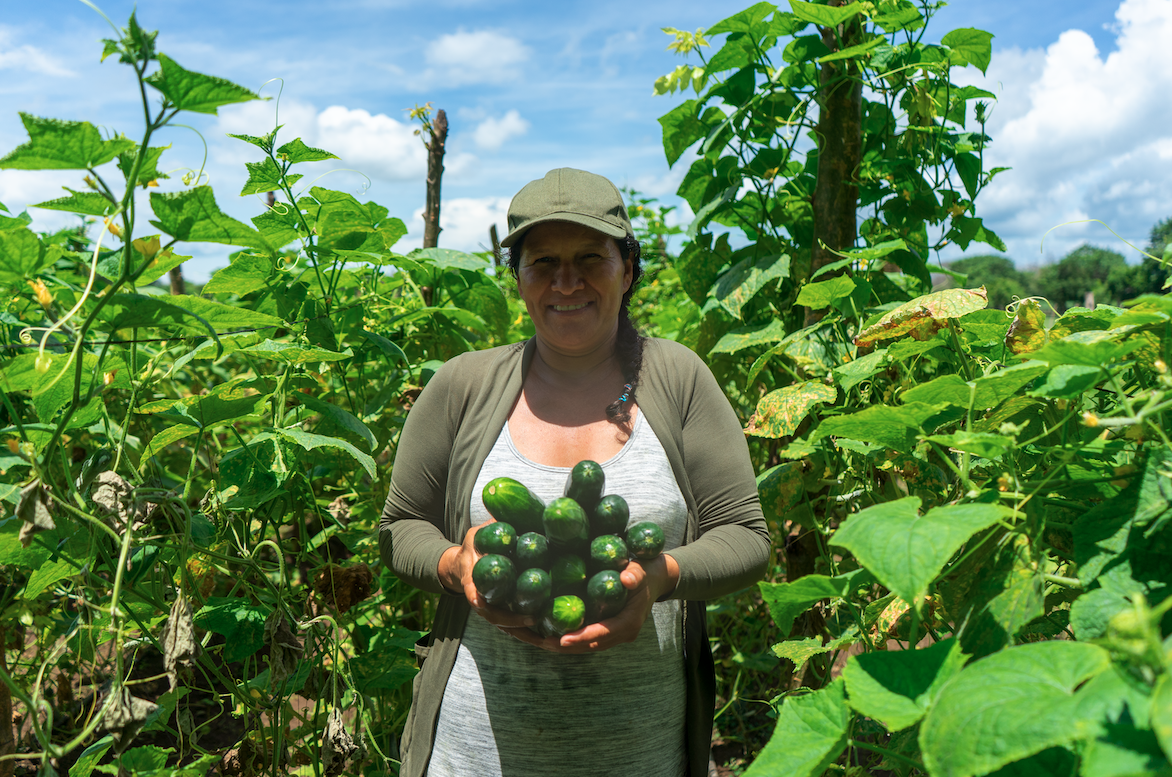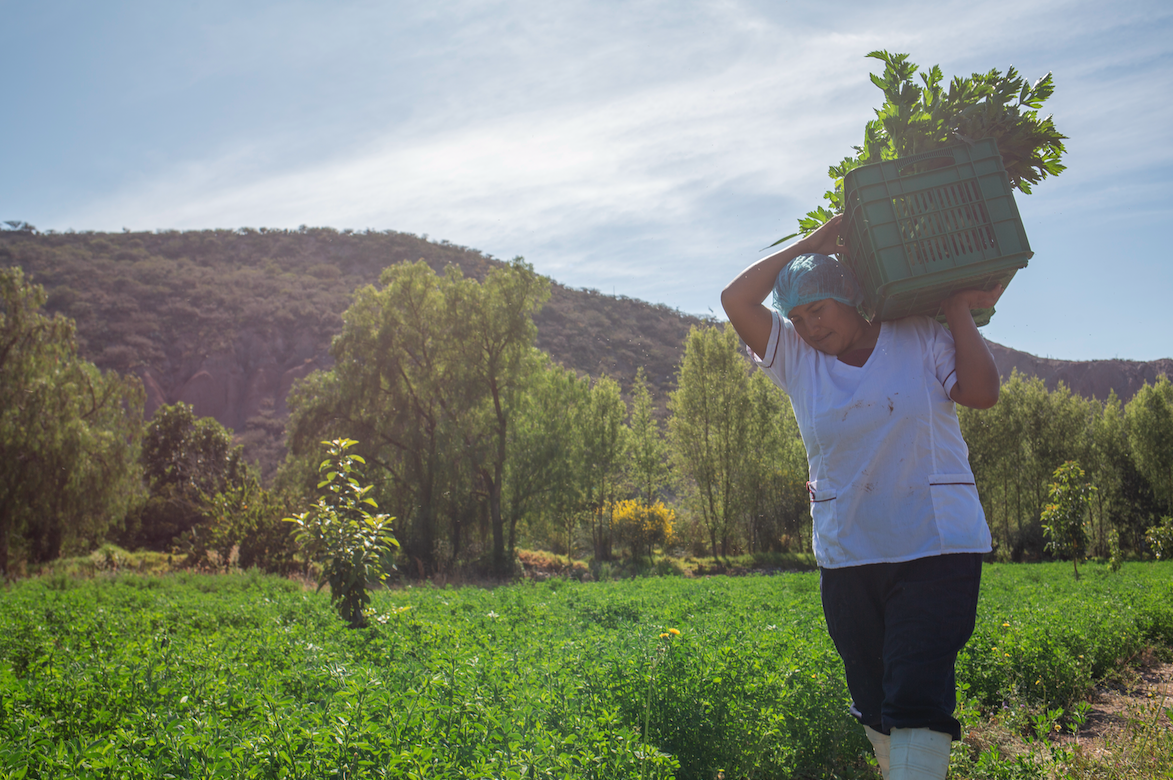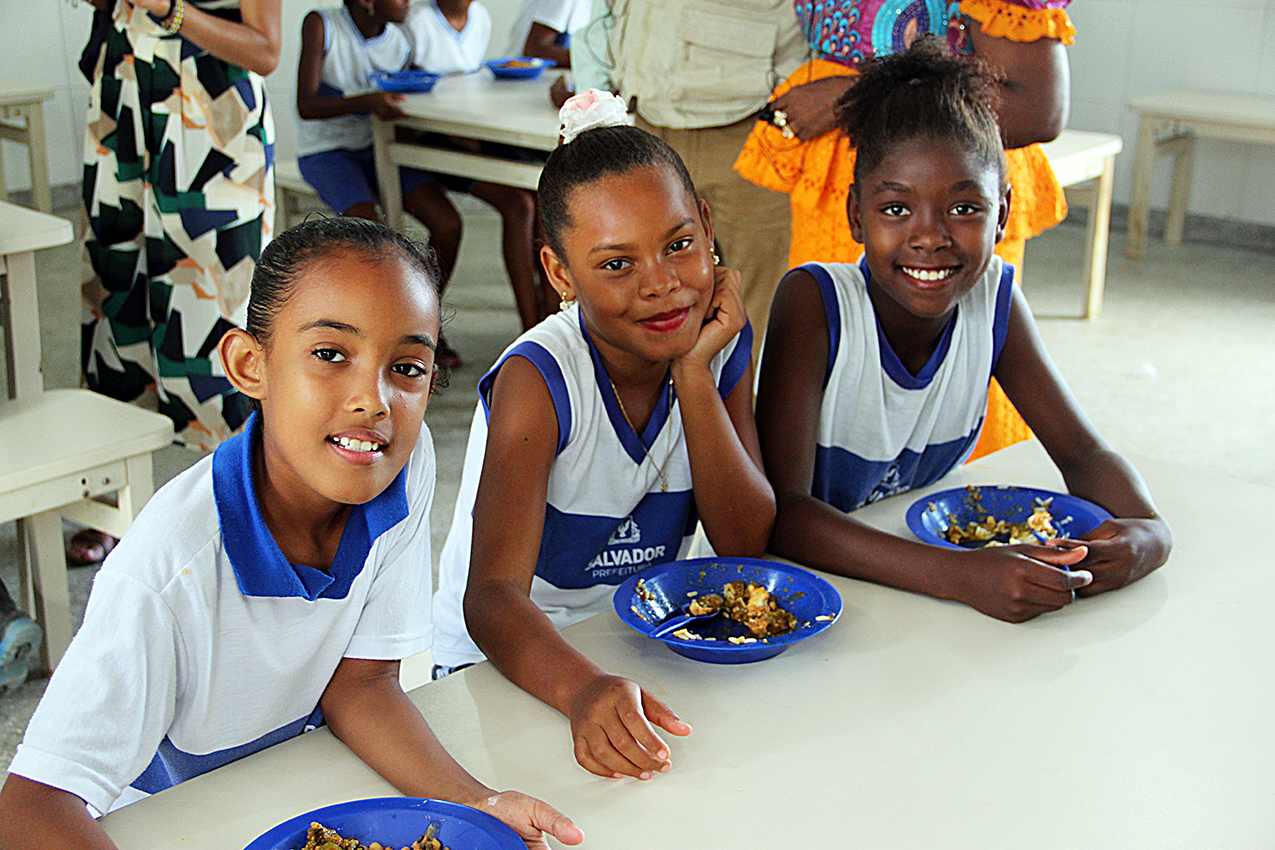BRICS, Food Security, School Feeding and Climate are themes of project in partnership with PUC-RJ
In 2024, the WFP Centre of Excellence against Hunger in…
The Rockefeller Foundation presents regenerative school feeding pilot project to Brazilian partners
Regenerative school feeding, using agroecological products, is the focus of…
Report reveals that climate events affect food security in Latin America and the Caribbean
Extreme weather events such as droughts and floods are jeopardising…
Second Steering Committee decides next steps for the Seeds for Tomorrow project
The Steering Committee of the ‘Seeds for Tomorrow’ project met…
Centre of Excellence presents the factors that lead to childhood obesity and malnutrition at live
In order to discuss the determinants of malnutrition, nutritionists from…
White January: Find out how food insecurity affects people’s mental health
Lack of food is one of the factors that generates…
Understand what food systems are and how they relate to climate change
In the year of COP 30, the issue of climate…
Study reveals that PNAE increases the income of small farmers
Small farmers who supply food to the National School Feeding…
GCNF launches recommendations for more sustainable and resilient food systems
The 24th Global Child Nutrition Forum, which took place from…
School Meals Coalition interviews Minister Wellington Dias
The year 2025 will be marked by the School Meals…





